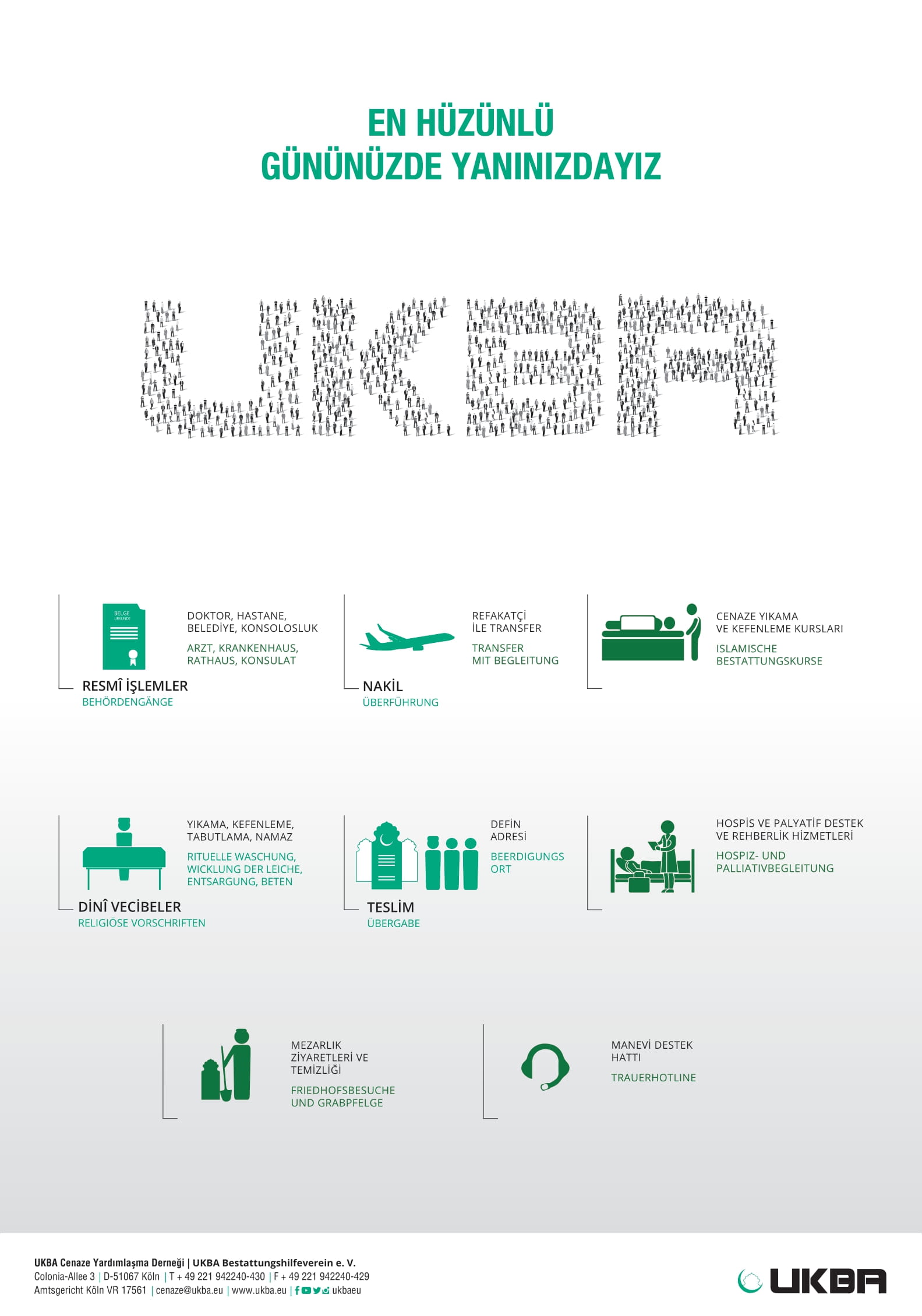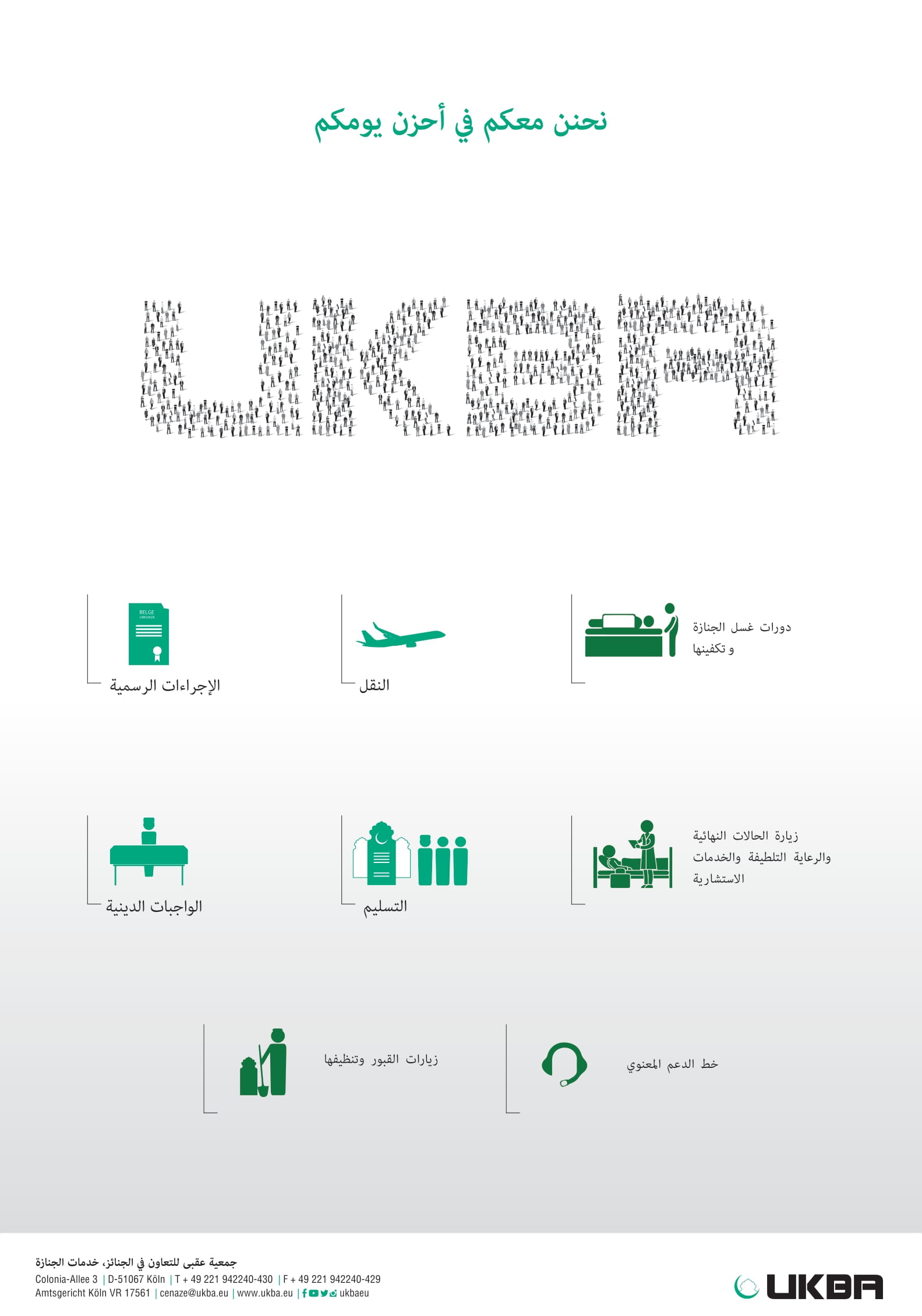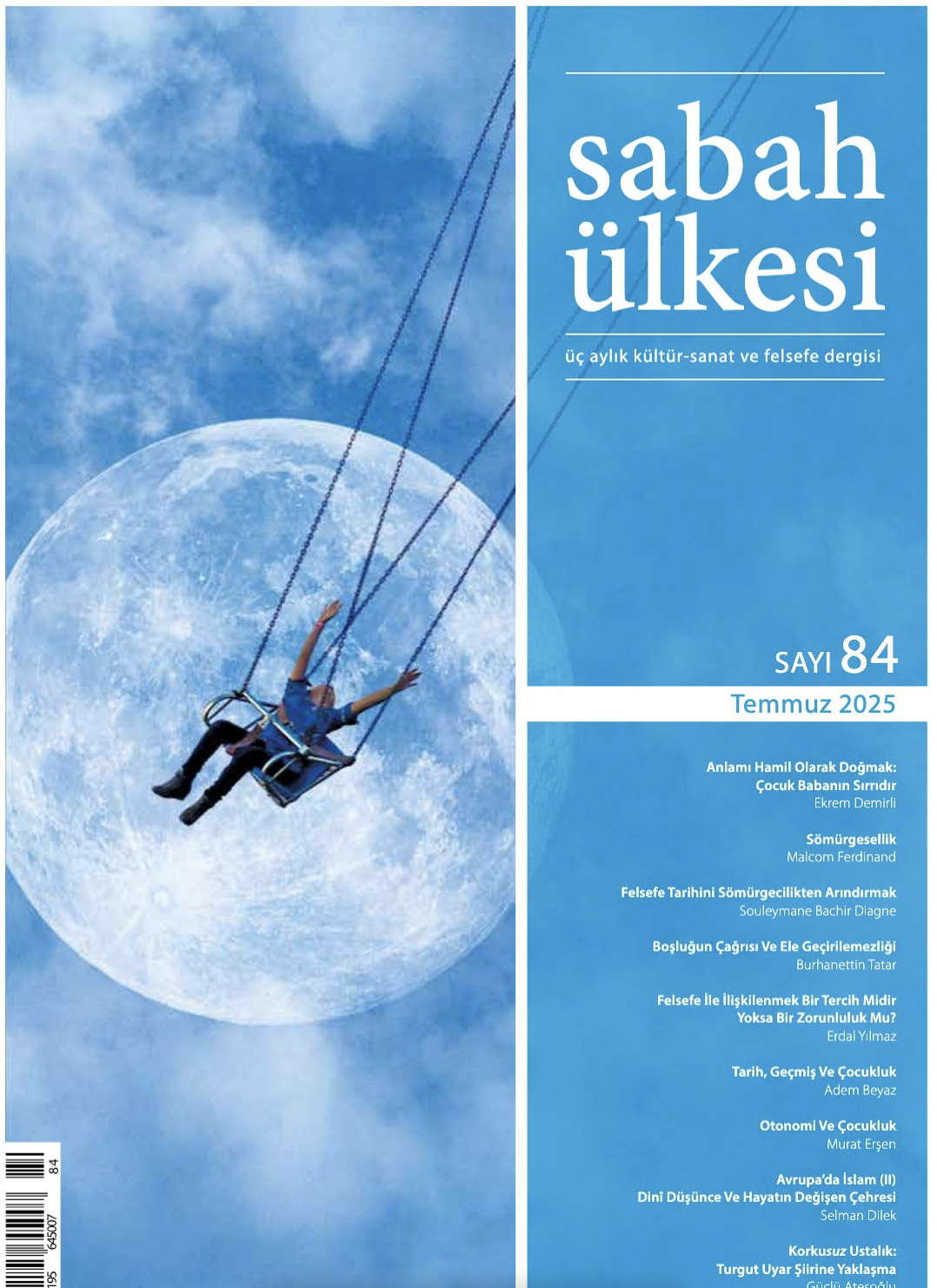Friday Khutba
Purifying Our Souls with Repentance
25. January 2024
Dear Brothers and Sisters!
Allah (swt) mentions in the ayah we have just read:
“Those who, when they commit an indecency or wrong themselves, remember Allah and seek forgiveness for their sins—and who forgives sins except Allah?—and do not knowingly persist in what they were doing”.
Narrated by Abu Bakr (ra), our Prophet (saw) said: ‘If a person commits a sin, performs ablution afterwards, then gets up and prays two rakats and seeks forgiveness from Allah, Allah will certainly forgive him.’ In the Quran, in the creation of the first human, the physical structure, namely his body, is referred to as “bashar”. When the soul is breathed into it and it attains the capacity to bear the divine trust, the being is then characterised as “human.” The most important stage in the transition from being a “bashar” to a human is taught to us in the story of Adam (as). After approaching the forbidden tree, a sense of remorse was felt and and the call was made to Allah (swt): “O our Lord! We have wronged ourselves. If You do not forgive us and have mercy upon us, we will surely be among the losers.”
Dear Brothers and Sisters!
The wisdom that elevated the first human, Adam (as), to the status of a caliph on Earth lies in his repentance to Allah (swt) after making a mistake. From this story, we understand that the history of humanity began with repentance. Again, from the Quran, we learn that Iblis, who rebelled due to arrogance, said to the Almighty, “You have led me astray.” The sin of humans was following the desires of their own souls. Iblis’s sin, on the other hand, stemmed from his pride and ambition. The transformation of a human into Adam occurred through turning away from sin and turning towards obedience. The transformation of Iblis into Shaytan, however, happened because he persisted in rebellion after his mistake. Every individual is faced with a choice between the dignity of becoming like Adam and the humiliation of becoming like shaytan.
Either their repentance reaches the heavens and angels admire them, or they degrade themselves through sin to the extent that even the demons are astonished.
Dear Jama’ah!
Repentance is to remember the promise of servitude we made with Allah. Each individual encounters numerous mistakes at various stages of life, knowingly or unknowingly falling into sins. Undoubtedly, this situation is a result of the fact that we are being tested. After committing a sin, a feeling of remorse arises within us; this is a sign that the light of faith still exists in our hearts. We feel discomfort with the state we are in. This discomfort is, in fact, an opportunity. To preserve the clarity of our hearts, we are obligated to seize this opportunity immediately. With sincerity we should express our remorse and sadness to Allah (swt), and words of repentance should flow from our tongues. We know from the glad tidings of our Prophet (saw) that a person who seeks forgiveness from sins with sincerity achieves a pure heart as if being born again. Although the reward of forgiveness will be received in the hereafter, a sense of tranquillity is established in the heart of the repentant person. This is because they have achieved the peace of not persisting in their sin and turning back to the satisfaction of their Creator. In a narration, our Prophet (saw), while explaining the pleasure of Allah in the face of a repentant person, gives the example of a person in the desert searching for water. Just as that person is overjoyed upon finding water, Allah is equally pleased with the repentant person after committing a sin. Let us not forget that the feeling of repentance is a grace from Allah (swt). Indeed, the Quran teaches us how to repent.
Dear Brothers and Sisters!
As we observe the month of Rajab there are opportunities that should not be missed. Therefore, let us consider the moments when we are alone as opportunities and sincerely seek forgiveness for all our sins. Following the example of our Prophet (saw), let us not neglect to say istighfar (seeking forgiveness) a hundred times every day. In this worldly life, let us not forget that we live every moment in the shadow of divine mercy and that in the hereafter, we are entirely dependent on the mercy of Allah (swt).
1 Âl-i İmrân suresi 3:135
2 Ebû Dâvûd, Vitr, 26
3 Sad Suresi, 71
4 Hicr Suresi, 29
5 Araf Suresi, 23
Khutba – english
Khutba – turkish
Khutba – german
Khutba – arabic
Khutba – french

















